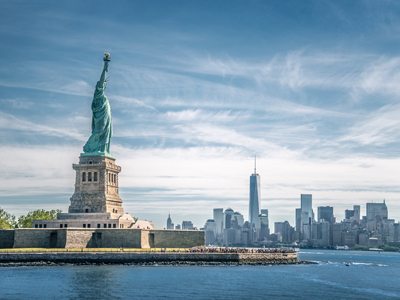

Catholicism - Modern Life
This GCSE RE quiz on Catholicism focuses on modern life. There are well over 1 billion Catholics in the world, over a quarter of them in Latin America and a further quarter in Europe. Given that ‘catholic’ in its broader original sense means ‘worldwide’ or even ‘unrestricted’, this suggests the institution as a whole is living up to its name and its missionary ideals.
Clearly, the lives and lifestyles of individual Catholics will vary hugely across this range, from the traditional village communities of the Mediterranean basin to the large congregations in several parts of the USA, the favelas of major South American cities and the teeming communities of the Philippines. But all these people have allegiance to Catholic doctrine under the Pope and his predecessors, they worship using the same liturgies, and they are encouraged to make their life’s decisions in accordance with the same precepts. Indeed, in a sense, however numerous they may be, they represent the Family of God on earth, seeking to develop their God-given talents and spread what they collectively believe to be the most wholesome of influences within and beyond their immediate communities.
Let’s have a look at how they set about this!
Ready for more?
not all...
quizzers. Try to win a coveted spot on our Hall of Fame Page.






